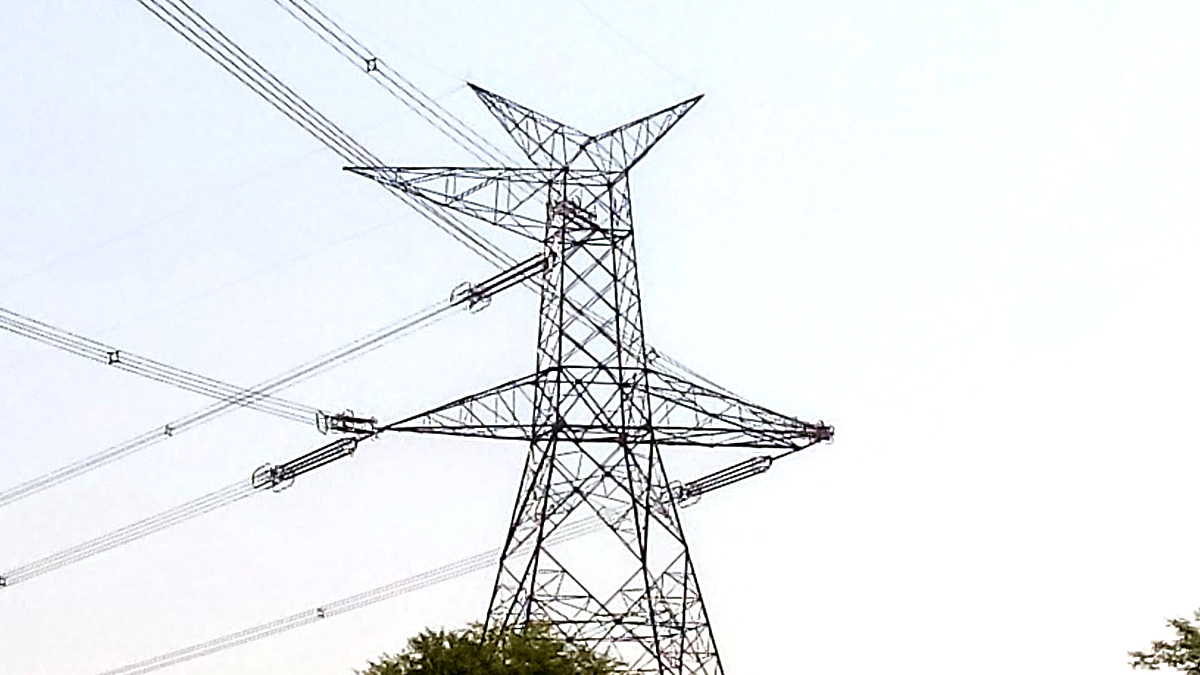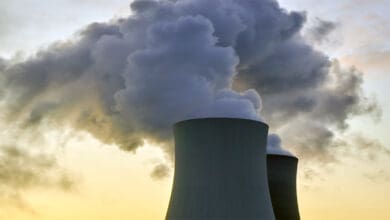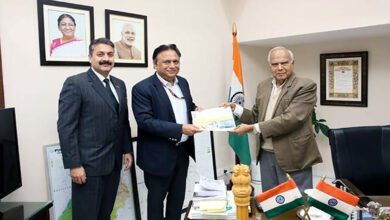In a powerful video message to the G20 Environment and Climate Ministers’ Meet held in Chennai, Prime Minister Narendra Modi emphasized the urgent need for collective action to combat climate change and protect Mother Earth. Highlighting India’s efforts and contributions to climate action, the Prime Minister urged all nations to unite and work towards a sustainable and resilient future.
The Prime Minister commenced his address by welcoming the dignitaries to Chennai, a city rich in culture and history. He encouraged them to explore the UNESCO World Heritage site, Mamallapuram, famous for its inspiring stone carvings and breathtaking beauty. Quoting ancient texts and Indian wisdom, PM Modi stressed the importance of giving back to nature, just as nature provides for us.
He underscored that climate action must be rooted in the principle of ‘Antyodaya,’ ensuring the upliftment of the most vulnerable in society. Noting that the Global South is disproportionately affected by climate change, the Prime Minister called for increased action on commitments made under the ‘UN Climate Convention’ and the ‘Paris Agreement’ to support the developmental aspirations of these countries.
Proudly highlighting India’s efforts, PM Modi stated that the country has achieved its installed electric capacity from non-fossil fuel sources ahead of the 2030 target. India now ranks among the top 5 countries globally in terms of installed renewable energy capacity and has set a more ambitious goal to achieve ‘Net Zero’ emissions by 2070. He expressed optimism in international collaborations through initiatives like the International Solar Alliance, CDRI, and the Leadership Group for Industry Transition.
Emphasizing India’s commitment to biodiversity conservation, the Prime Minister mentioned ongoing projects for the conservation of big cats through the recently launched International Big Cat Alliance. He credited the success of Project Tiger, which has contributed to a significant increase in India’s tiger population. Additionally, he mentioned work on Project Lion and Project Dolphin to conserve other wildlife species.
PM Modi highlighted India’s approach of promoting people’s participation in environmental initiatives. He mentioned ‘Mission Amrit Sarovar,’ a water conservation effort that resulted in the development of over 63,000 water bodies in a year, and the ‘Catch the Rain’ campaign, which constructed numerous water harvesting and recharge structures. He also praised the success of ‘Namami Gange Mission’ in cleaning the river Ganga, leading to the reappearance of the Gangetic Dolphin in its stretches. India’s efforts in wetland conservation were recognized with the designation of 75 wetlands as Ramsar sites, the largest network in Asia.
Addressing the importance of ocean conservation, the Prime Minister referred to Small Island States as Large Ocean Countries and stressed responsible use and management of oceanic resources. He expressed optimism for the adoption of ‘G20 High Level Principles for a Sustainable and Resilient Blue and Ocean-based Economy’ and urged the G20 to work towards a legally-binding instrument to combat plastic pollution.
PM Modi reminded the audience of the global mass movement, Mission LiFE (Lifestyle for Environment), launched with the UN Secretary General, which encourages individuals, companies, and local bodies to undertake environment-friendly actions. He announced the recently introduced ‘Green Credit Programme,’ which enables individuals and local bodies to earn revenue through green activities such as tree plantation, water conservation, and sustainable agriculture.
In conclusion, Prime Minister Narendra Modi urged the G20 nations to embrace unity and a shared responsibility towards Mother Earth. He called for ‘Vasudhaiva Kutumbakam,’ acknowledging that we are all one global family, with a shared future intertwined with the health of our planet.














